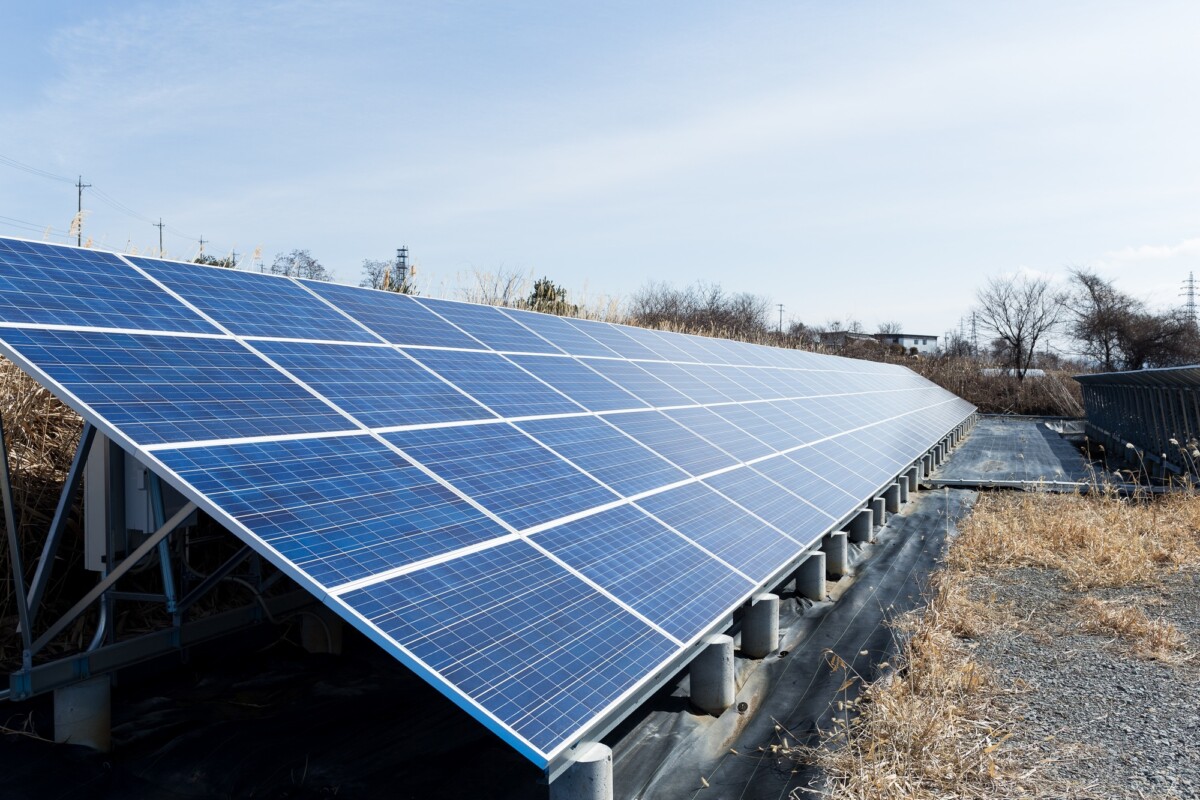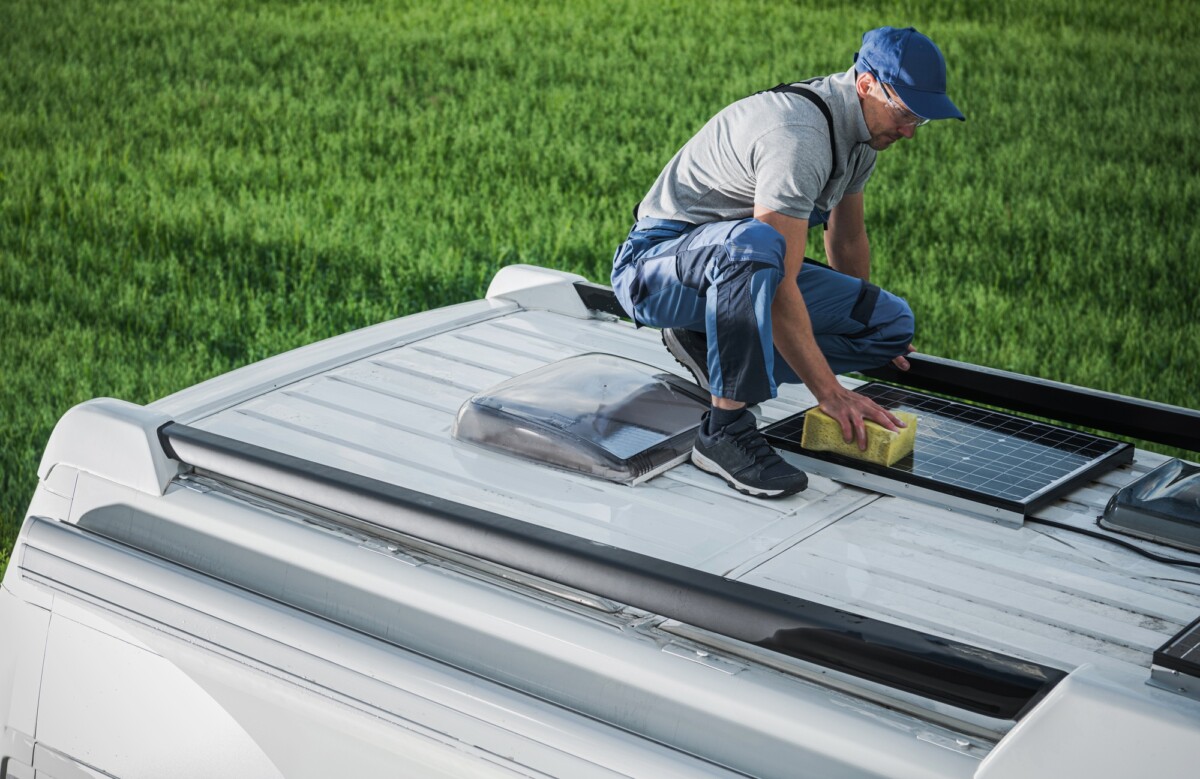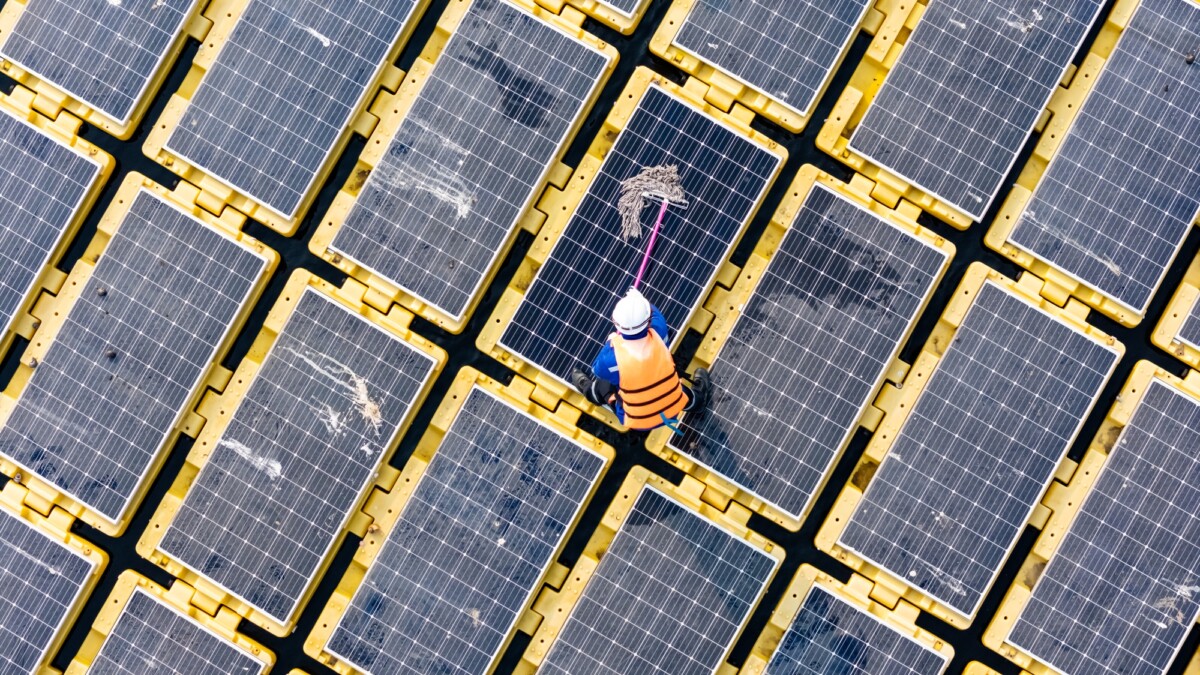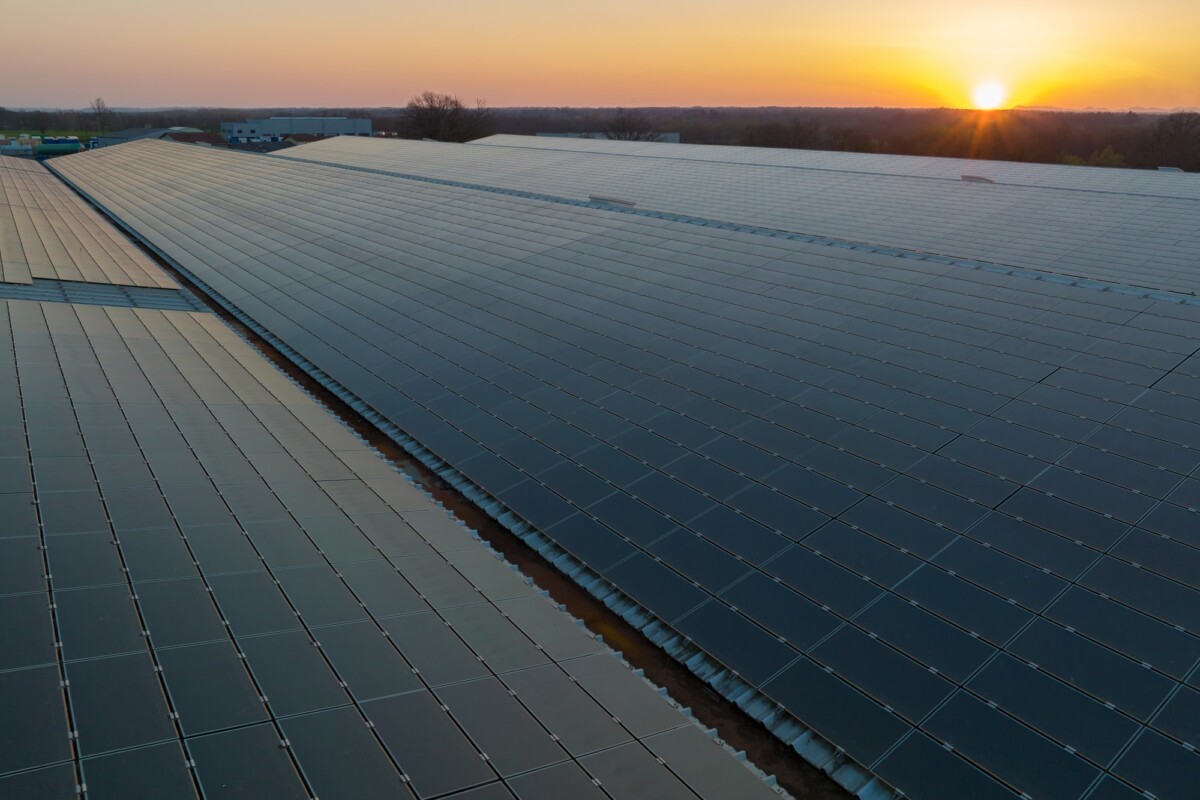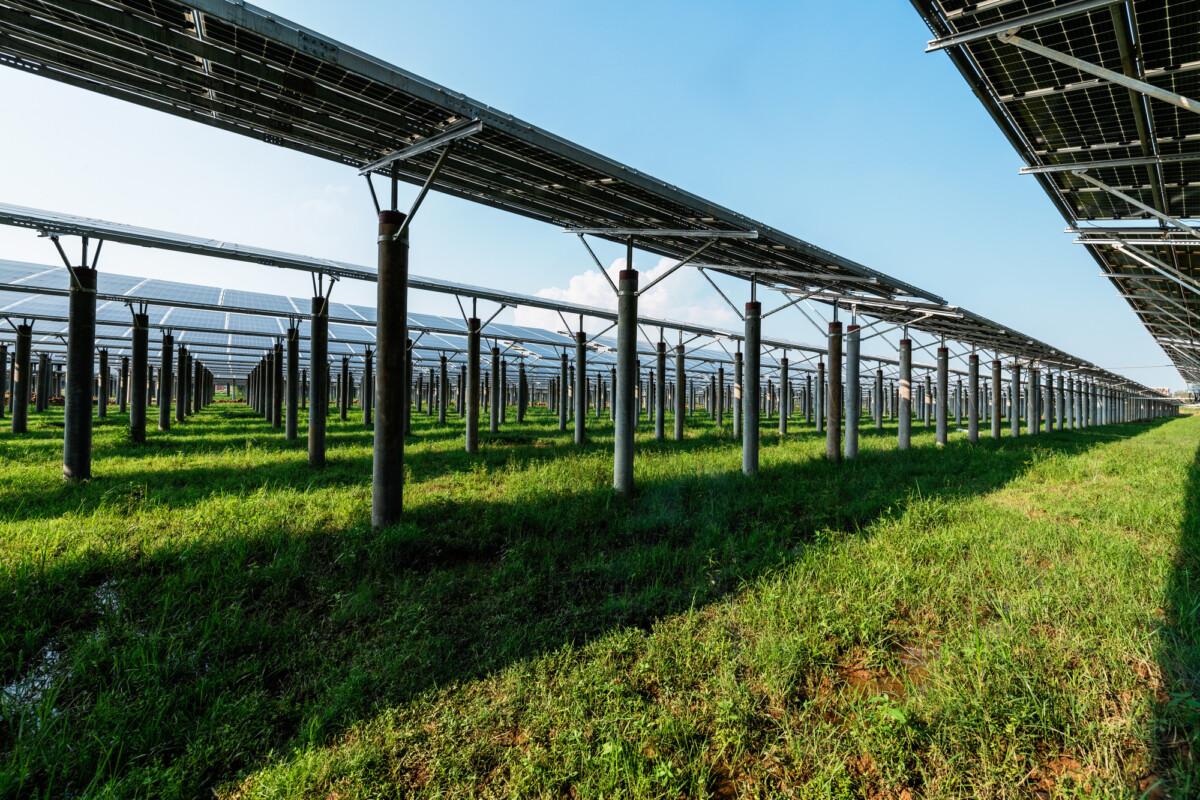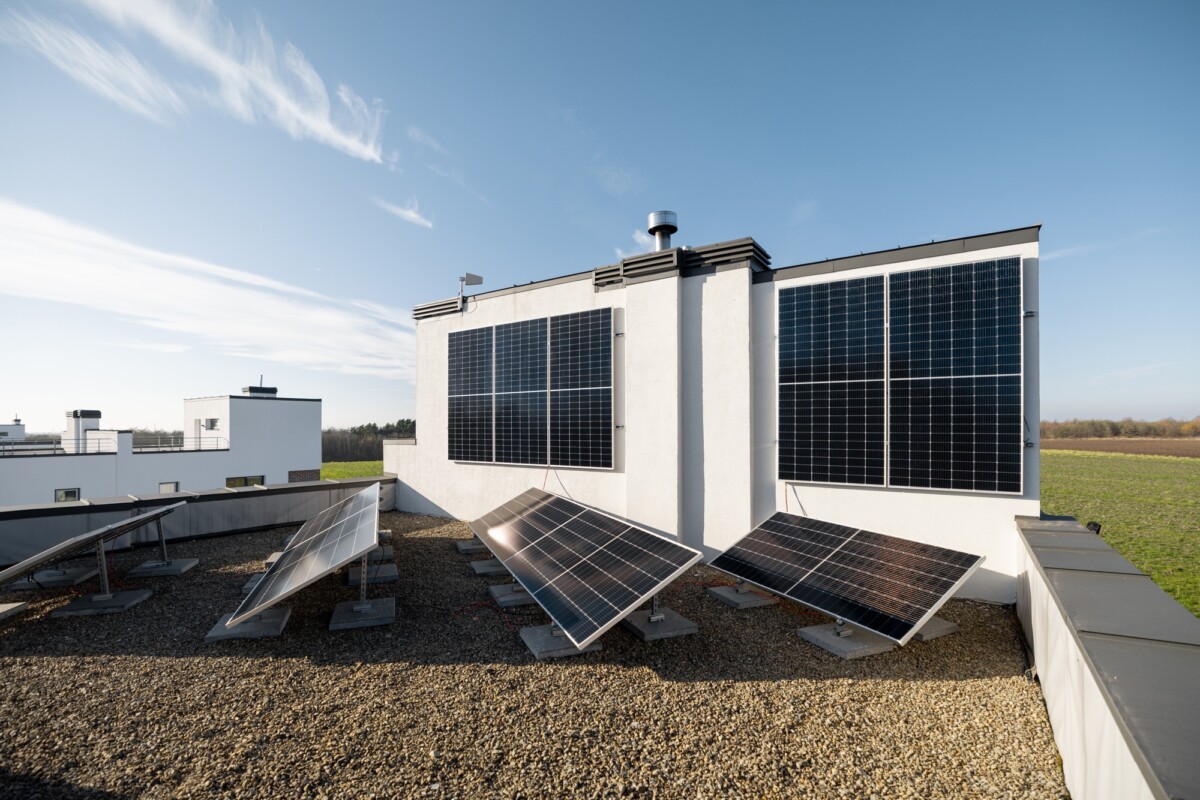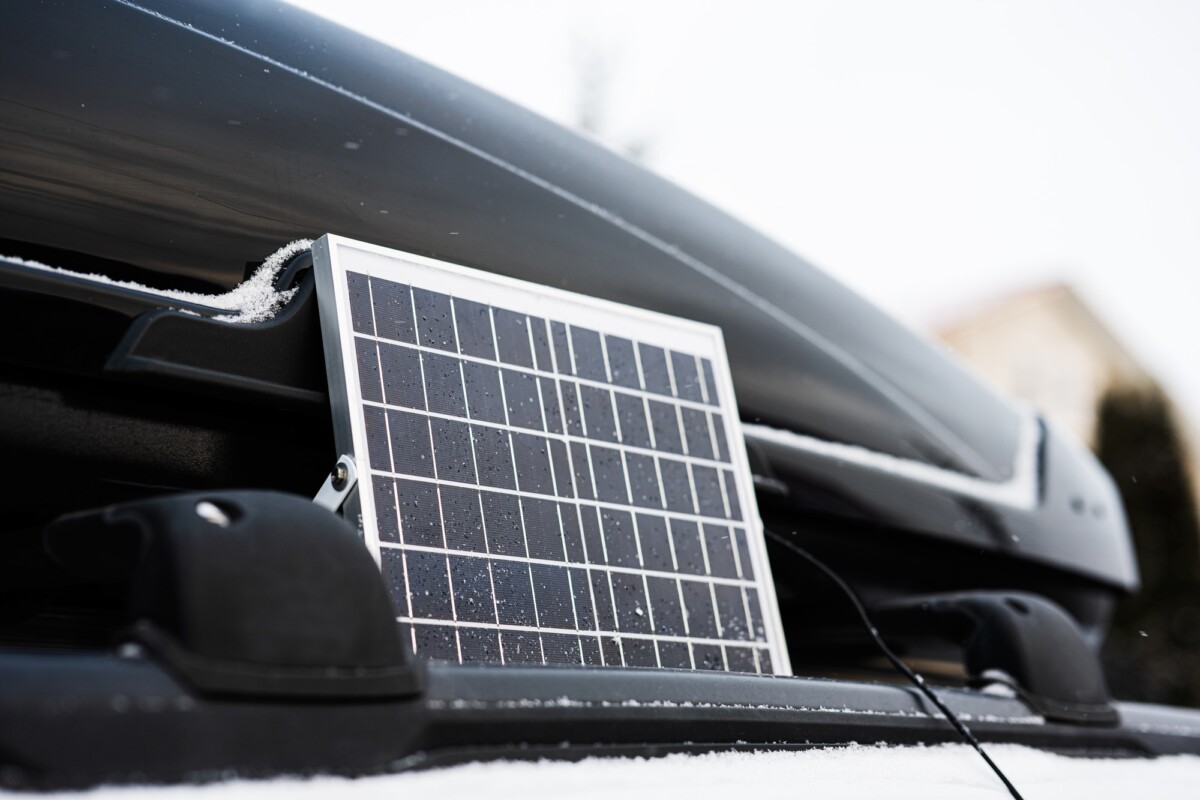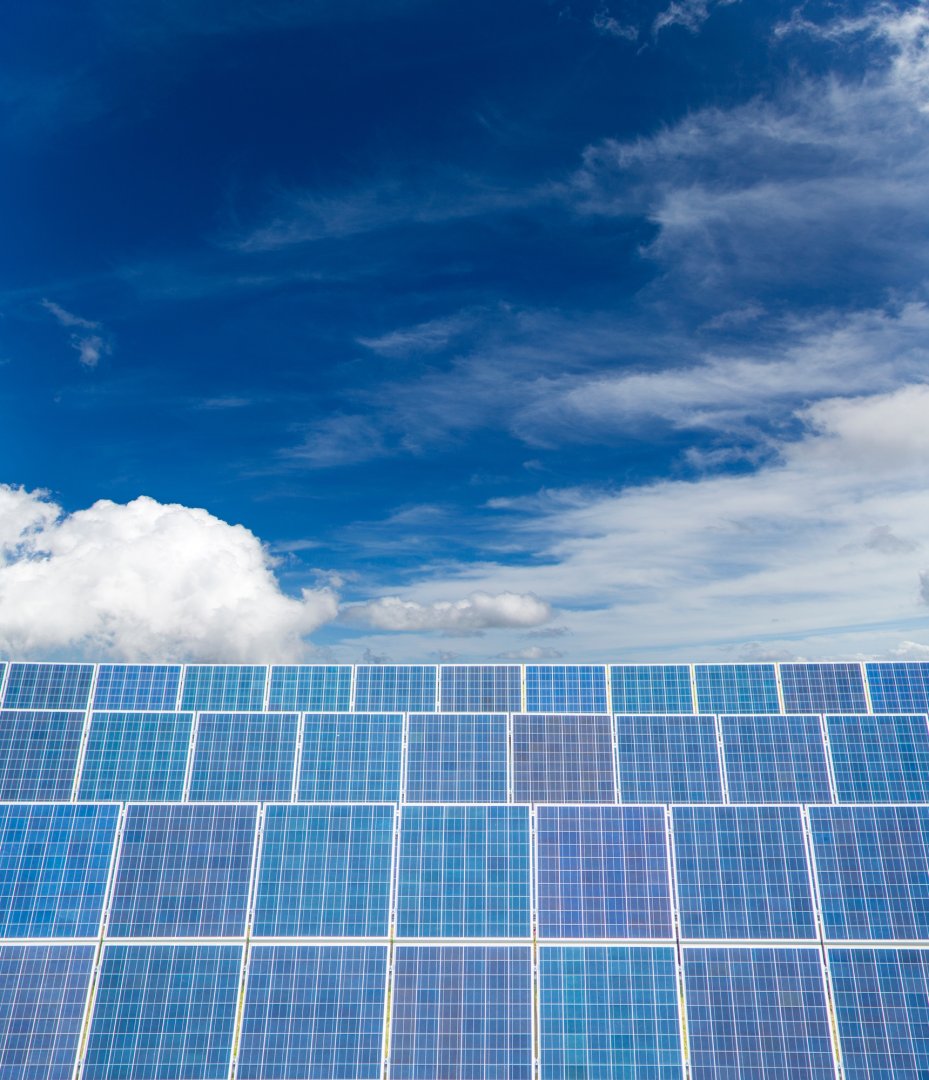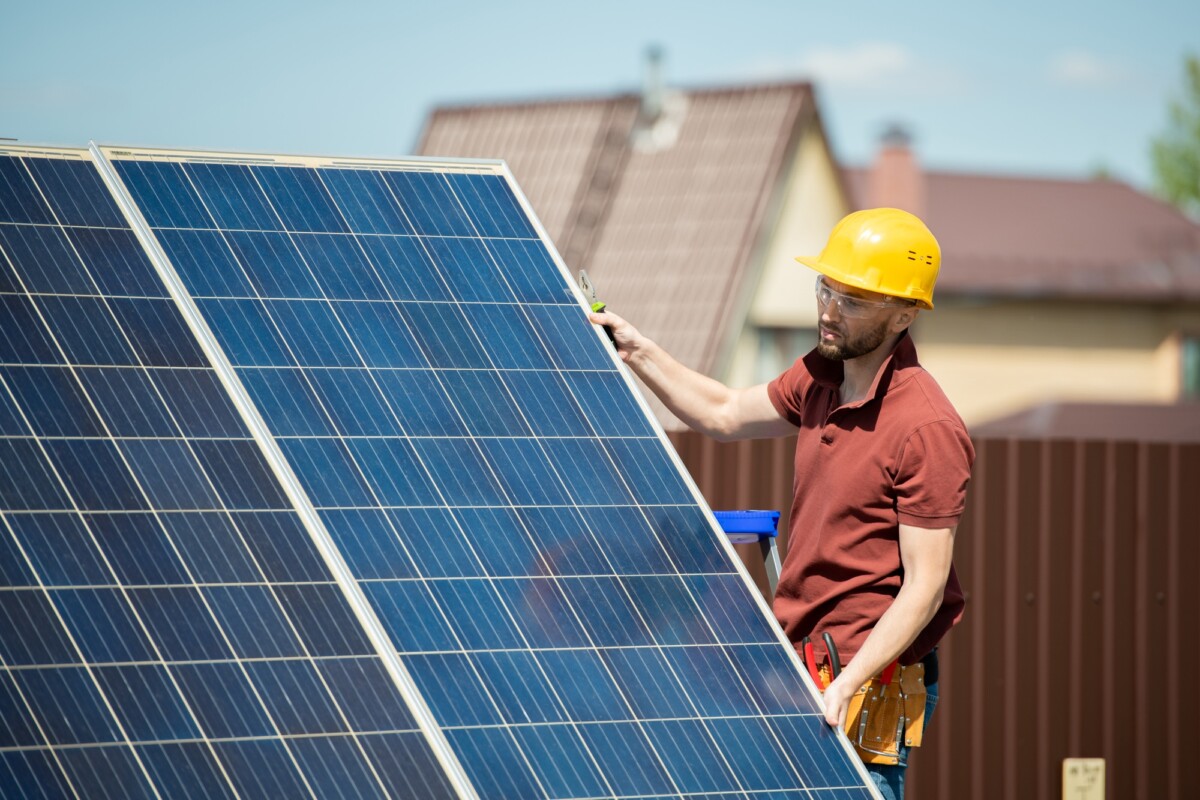Why Clean Solar Panels DIY is Essential for Optimal Performance
Attention: Have you ever wondered why your solar panels aren’t performing as efficiently as they should?
Problem: Dust, grime, and bird droppings can significantly reduce their efficiency, leading to lower energy output.
Promise: By embracing Clean Solar Panels DIY, you can ensure your panels operate at peak performance, saving you money and maximizing your energy production.
Understanding the Impact of Dirt on Solar Panels
When solar panels are covered in dirt, their ability to absorb sunlight is compromised. This can lead to a decrease in energy efficiency by up to 25%. Regular cleaning is crucial to maintain optimal performance. By adopting a Clean Solar Panels DIY approach, you can easily manage this task without professional help, ensuring your panels are always in top condition.
Benefits of DIY Solar Panel Cleaning
- Cost-Effective: Hiring professionals can be expensive. DIY cleaning saves money.
- Convenience: Clean your panels at your own schedule.
- Satisfaction: Enjoy the peace of mind knowing your panels are well-maintained.
Simple Steps for Effective DIY Cleaning
- Gather Supplies: Soft brush, mild soap, and water.
- Safety First: Ensure you have a stable ladder and non-slip shoes.
- Gentle Cleaning: Use a soft brush to remove debris, then rinse with soapy water.
- Rinse Thoroughly: Ensure no soap residue is left, as it can attract more dirt.
By following these simple steps, you can maintain your solar panels’ efficiency and extend their lifespan. Embrace the Clean Solar Panels DIY approach and enjoy the benefits of optimal solar energy production.
How Often Should You Clean Solar Panels DIY?
Cleaning your solar panels regularly is crucial for maintaining their efficiency. Generally, it’s recommended to clean solar panels DIY at least twice a year. However, the frequency can vary based on your location and environmental factors. For instance, if you live in an area with high pollution or frequent dust storms, you might need to clean them more often.
Factors Influencing Cleaning Frequency
- Location: Urban areas with high pollution may require more frequent cleaning.
- Weather Conditions: Areas prone to dust storms or heavy pollen seasons might need additional cleaning.
- Angle of Installation: Panels installed at a flatter angle tend to accumulate more dirt and may need more frequent cleaning.
Regular maintenance not only ensures maximum energy output but also extends the lifespan of your solar panels. By keeping an eye on environmental factors and adjusting your cleaning schedule accordingly, you can maximize the benefits of your solar investment.
Step-by-Step Guide to Clean Solar Panels DIY Safely
Solar panels are a fantastic investment for sustainable energy, but they require regular maintenance to function optimally. The problem? Dirt and debris can accumulate, reducing efficiency. The promise? With this guide, you’ll learn how to clean solar panels DIY safely, ensuring they remain effective and extend their lifespan.
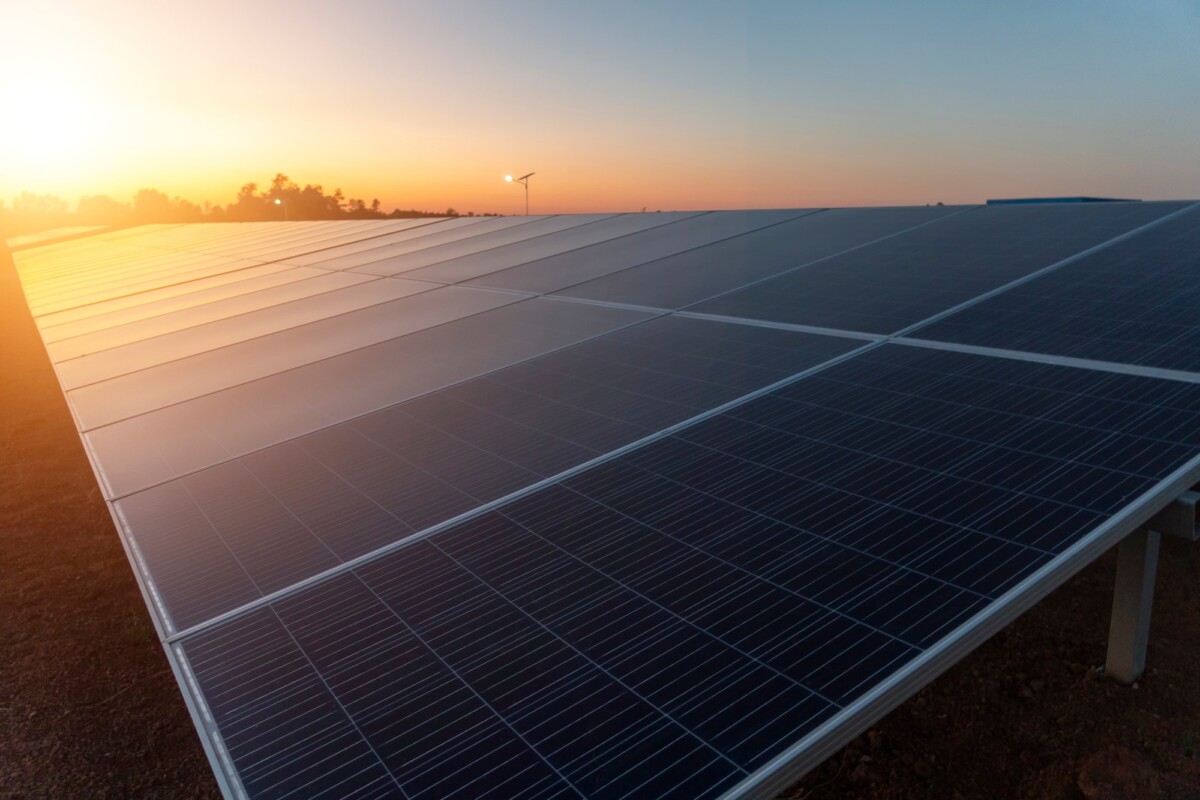
Ready to make the switch? Discover how solar power can lower your bills and boost your home’s efficiency. Get a Free Solar Estimate at FREE SOLAR POWER QUOTES
Gather Your Supplies
Before you start, make sure you have the right tools. You’ll need:
- A soft brush or sponge
- A bucket of soapy water (use mild detergent)
- A hose with a spray nozzle
- Safety gear (gloves and non-slip shoes)
Safety First
Prioritize safety by turning off your solar panel system before cleaning. Use a sturdy ladder if your panels are on the roof, and never clean them during peak sunlight hours to avoid burns or damage.
Cleaning Process
- Rinse Panels: Start by gently rinsing the panels with water to remove loose dirt.
- Scrub Gently: Use a soft brush or sponge with soapy water to scrub the panels. Avoid abrasive materials that could scratch the surface.
- Rinse Again: Finish by rinsing off any soap residue thoroughly.
Final Check
After cleaning, inspect your panels for any damage or persistent dirt. If issues persist, consider consulting a professional. Regular cleaning, ideally every six months, will keep your solar panels in top condition, maximizing their efficiency and your energy savings.
Top Tools and Materials Needed for Clean Solar Panels DIY
Are your solar panels not performing at their peak? The culprit might be dirt and grime. But don’t worry, you can tackle this with a Clean Solar Panels DIY approach. By using the right tools and materials, you can ensure your panels are spotless and efficient, saving you money and boosting your energy output.
Essential Tools for Cleaning
- Soft-Bristled Brush: Avoid scratches by using a brush with soft bristles.
- Squeegee: Perfect for removing water without leaving streaks.
- Garden Hose: A gentle spray is often enough to wash away loose dirt.
Necessary Materials
- Mild Detergent: Choose a non-abrasive soap to prevent damage.
- Distilled Water: Prevents mineral deposits from forming on your panels.
- Microfiber Cloths: Ideal for drying and polishing without scratching.
By gathering these tools and materials, you’re setting yourself up for a successful Clean Solar Panels DIY project. Not only will this enhance your panels’ efficiency, but it will also extend their lifespan, ensuring you get the most out of your solar investment.
Common Mistakes to Avoid When Cleaning Solar Panels DIY
Cleaning solar panels yourself can be a rewarding task, ensuring they operate at peak efficiency. However, many DIY enthusiasts make common mistakes that can reduce their effectiveness or even damage the panels. Let’s explore these pitfalls and how to avoid them, ensuring your Clean Solar Panels Diy project is a success.
Using Harsh Chemicals
One of the most common mistakes is using harsh chemicals or abrasive materials. These can scratch the surface of the panels or leave residues that reduce efficiency. Instead, opt for mild soap and water, which are gentle yet effective.
Ignoring Safety Precautions
Safety should always be a priority. Many people overlook the importance of using proper safety gear or securing ladders correctly. Always ensure you have a stable footing and use non-slip shoes to prevent accidents.
Cleaning During Peak Sunlight
Cleaning panels during the hottest part of the day can cause water to evaporate quickly, leaving streaks or spots. It’s best to clean early in the morning or late in the afternoon when the sun is less intense, ensuring a streak-free finish.
Can You Clean Solar Panels DIY Without Damaging Them?
Are you looking to maximize the efficiency of your solar panels without breaking the bank? Clean Solar Panels DIY might be the perfect solution for you. Many homeowners are eager to maintain their solar systems but worry about causing damage during the cleaning process. The good news is, with the right approach, you can safely clean your solar panels yourself, ensuring they operate at peak performance.
Understanding the Basics
Before diving into the cleaning process, it’s crucial to understand the basics of solar panel maintenance. Solar panels are designed to be durable, but they still require gentle handling. Using harsh chemicals or abrasive materials can scratch the surface, reducing their efficiency. Instead, opt for soft sponges or cloths and mild soapy water to remove dirt and debris.
Steps to Clean Solar Panels Safely
- Turn Off the System: Always ensure your solar panel system is turned off before cleaning to avoid any electrical hazards.
- Use the Right Tools: A soft brush or sponge, a bucket of soapy water, and a hose with a gentle spray setting are ideal.
- Rinse and Wipe: Start by rinsing the panels with water to remove loose dirt. Then, gently wipe them with the soapy sponge.
- Rinse Again: Finish by rinsing the panels thoroughly to remove any soap residue.
Tips for Effective DIY Cleaning
- Clean on a Cool, Cloudy Day: Cleaning panels when they are cool prevents water spots and streaks.
- Avoid High Pressure: High-pressure hoses can damage the panels, so always use a gentle spray.
- Regular Maintenance: Regular cleaning, especially in dusty or pollen-heavy areas, can significantly boost your panels’ efficiency.
By following these simple steps, you can ensure your solar panels remain clean and efficient without the risk of damage. Embrace the DIY approach and enjoy the benefits of a well-maintained solar energy system.
The Environmental Benefits of Clean Solar Panels DIY
Attention: Are you looking to maximize the efficiency of your solar panels while contributing positively to the environment? Problem: Dirty solar panels can significantly reduce energy output, leading to inefficiencies and a larger carbon footprint. Promise: By embracing Clean Solar Panels DIY, you can enhance energy efficiency and promote a greener planet.
Why Clean Solar Panels Matter
Keeping your solar panels clean is crucial for optimal performance. Dust, grime, and bird droppings can block sunlight, reducing the panels’ efficiency. Regular cleaning ensures that your panels absorb maximum sunlight, leading to higher energy production and less reliance on non-renewable energy sources.
DIY Cleaning: A Sustainable Choice
Opting for a DIY approach to cleaning your solar panels not only saves money but also reduces the environmental impact of hiring professional services. By using eco-friendly cleaning solutions and methods, you can maintain your panels without harming the environment.
- Eco-friendly Solutions: Use biodegradable soaps and soft brushes.
- Water Conservation: Employ rainwater or recycled water for cleaning.
Long-term Environmental Impact
By maintaining clean solar panels, you contribute to a sustainable future. Increased efficiency means more renewable energy is harnessed, reducing the need for fossil fuels. This simple DIY task can lead to a significant decrease in greenhouse gas emissions, making a positive impact on the planet.
How Weather Conditions Affect Your Clean Solar Panels DIY Routine
Rain and Its Dual Role
Rain can be both a friend and a foe in your Clean Solar Panels DIY routine. While a good downpour can wash away loose dirt and debris, it might not be enough to remove stubborn grime or bird droppings. Additionally, frequent rain can lead to water spots, which may require additional cleaning efforts.
Sunshine and Dust Accumulation
Sunny days are perfect for inspecting and cleaning your solar panels. However, prolonged dry spells can lead to dust accumulation, reducing the efficiency of your panels. Regularly checking your panels during these periods ensures they remain clean and effective.
Wind and Debris Challenges
Windy conditions can blow leaves, twigs, and other debris onto your solar panels, necessitating more frequent cleaning. After a storm, it’s wise to inspect your panels for any debris that could obstruct sunlight and hinder performance.
Cost-Effective Solutions for Clean Solar Panels DIY
Are you looking to maximize the efficiency of your solar panels without breaking the bank? The problem many face is the accumulation of dirt and debris, which can significantly reduce energy output. But don’t worry, there’s a promise of a simple, cost-effective solution: Clean Solar Panels DIY. By taking matters into your own hands, you can ensure your panels are always operating at peak performance.
Cleaning your solar panels doesn’t have to be a daunting task. With a few basic tools and some know-how, you can maintain your system efficiently. Here’s how you can get started:
- Gather Your Supplies: You’ll need a soft brush, a bucket of soapy water, and a squeegee. Avoid harsh chemicals that could damage the panels.
- Choose the Right Time: Clean your panels early in the morning or late in the afternoon to prevent water spots from forming due to quick evaporation.
Steps to Clean Solar Panels
- Safety First: Ensure your solar system is turned off before you begin cleaning.
- Rinse the Panels: Use a hose to gently rinse off loose dirt and debris.
- Scrub Gently: Apply soapy water with a soft brush to remove stubborn grime.
- Rinse and Dry: Rinse with clean water and use a squeegee to remove excess water, preventing streaks.
By following these simple steps, you can maintain your solar panels’ efficiency and extend their lifespan. Regular maintenance not only saves you money but also ensures your investment in renewable energy continues to pay off. Embrace the DIY approach and enjoy the benefits of clean, efficient solar energy.
How FreeSolarPower Can Help You with Clean Solar Panels DIY
Are you tired of seeing your solar panels underperform due to dirt and grime? The problem is clear: dirty panels can significantly reduce energy efficiency. But don’t worry, there’s a solution! With Clean Solar Panels DIY, you can maintain your panels’ performance without professional help. At FreeSolarPower, we offer resources and guidance to make this task easier and more effective.
Why Clean Solar Panels?
- Boost Efficiency: Clean panels can increase energy output by up to 20%.
- Extend Lifespan: Regular maintenance prevents damage and prolongs panel life.
- Save Money: DIY cleaning reduces the need for costly professional services.
DIY Cleaning Steps
- Gather Supplies: Use a soft brush, mild detergent, and a hose.
- Safety First: Ensure your safety with proper gear and stable footing.
- Gentle Cleaning: Avoid harsh chemicals to prevent panel damage.
At FreeSolarPower, we provide detailed guides and tips to ensure your solar panels are spotless and efficient. Our resources empower you to tackle this task confidently, ensuring your solar investment continues to pay off.
FAQ
-
How do I clean my solar panels myself?
Use soft water, a non-abrasive brush, and mild soap to remove dirt. -
How often should I clean my solar panels?
At least twice a year, or more often in dusty or snowy areas. -
Does cleaning solar panels improve efficiency?
Yes, removing dust and debris can improve performance by 5–20%. -
Can I use a pressure washer on solar panels?
No, high pressure can damage the panels—use a garden hose instead. -
Do I need to turn off solar panels before cleaning?
It’s recommended to shut off the system before cleaning for safety.
Join the solar movement today! Thousands are already saving—claim your free consultation to get started. Schedule Your Free Consultation at FREE SOLAR POWER QUOTES
Interested in more options? Take a look at SOLAR ENERGY for tailored solar solutions that suit your home!


